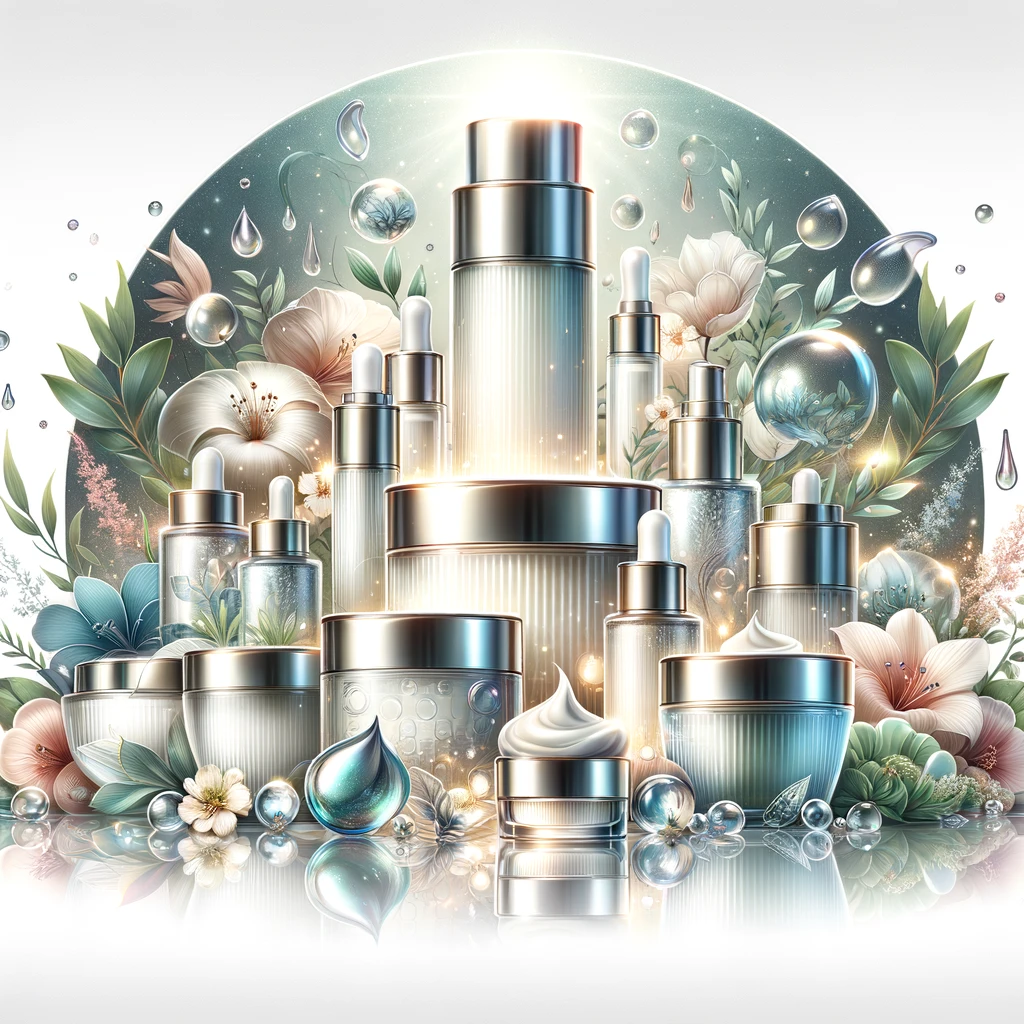Table Of Contents
- Summary
- Introduction
- Foods to Avoid During Pregnancy: Steering Clear of Potential Risks
- Unveiling the Dangers: Specific Foods Pregnant Women Should Shun
- Expert Insights on Food Safety During Pregnancy
- Guidelines for a Healthy Pregnancy Diet: What Not to Include
- Conclusion
- FAQ's
Key Takeaways
- Avoid unpasteurized dairy products, raw or undercooked meat, high-mercury fish, raw eggs, caffeine, unwashed produce, and alcohol during pregnancy to minimize potential risks.
- Seek expert guidance from obstetricians and nutritionists to understand the potential risks associated with certain foods and receive personalized recommendations for a healthy pregnancy.
- Include healthy fats, lean proteins, fiber-rich foods, calcium-rich foods, folate, iron, and stay well-hydrated with water and natural fruit juices as essential components of a healthy pregnancy diet.
- During pregnancy in India, exercise caution with street food, raw salads, unpasteurized dairy products, and excessive consumption of spicy and oily foods to avoid digestive discomfort.

Introduction
What Not to Eat: Foods to Prevent in Pregnancy
During pregnancy, it's crucial to be mindful of the foods you consume to ensure the health and well-being of both you and your baby. Certain foods pose potential risks that could lead to complications. It's important to be aware of them to make informed choices for a healthy pregnancy. Unveiling the Dangers: Specific Foods Pregnant Women Should Shun. Seeking expert guidance on food safety during pregnancy is essential to gain a comprehensive understanding of the potential risks associated with certain foods. Obstetricians and nutritionists can provide personalized recommendations based on individual health conditions, ensuring a safe and healthy pregnancy journey. Let's dive into expert insights, guidelines for a healthy pregnancy diet, and foods to avoid during pregnancy, and empower you with the knowledge needed for a safe and nourishing pregnancy.
Foods to Avoid During Pregnancy: Steering Clear of Potential Risks
During the extraordinary journey of pregnancy, it becomes even more essential to be vigilant about the foods you consume. Making informed choices regarding your diet is crucial for both your well-being and the health of your baby. Some foods can pose potential risks, which may lead to complications. By steering clear of these foods, you can significantly reduce the likelihood of encountering any adverse issues during your pregnancy.
Here are some foods that are best to avoid during pregnancy:
- Raw or Undercooked Meats: These may contain harmful bacteria such as E. coli or Salmonella, which can lead to food poisoning.
- Unpasteurized Dairy Products: These products can harbor harmful bacteria like Listeria, which may have severe implications for the health of the fetus.
- High-Mercury Fish: Mercury can negatively impact the development of the baby’s nervous system.
- Raw Eggs: Eggs that are raw or undercooked may contain Salmonella bacteria, posing a risk of food poisoning.
- Unwashed Produce: Fruits and vegetables should be thoroughly washed to remove any traces of soil or bacteria, which can cause infections.
By avoiding these foods and being mindful of your dietary choices, you can greatly reduce potential risks during your pregnancy, promoting a healthier and safer journey for both you and your baby.
Unveiling the Dangers: Specific Foods Pregnant Women Should Shun
-
Unpasteurized Dairy Products: Consuming unpasteurized milk and cheese can pose a risk of foodborne illnesses such as listeriosis.
2. Raw or Undercooked Meat: Raw or undercooked meat, including poultry and seafood, should be completely avoided due to the risk of bacterial contamination.
3. High-Mercury Fish: Certain fish like shark, swordfish, and mackerel contain high levels of mercury, which can harm the baby’s developing nervous system.
4. Raw Eggs: Raw or undercooked eggs may carry salmonella, increasing the risk of food poisoning.
5. Caffeine: Excessive caffeine intake should be avoided as it can lead to low birth weight and even miscarriage.
6. Unwashed Produce: Fruits and vegetables should be thoroughly washed to eliminate any potential exposure to toxoplasmosis.
7. Alcohol: Alcohol consumption during pregnancy can lead to fetal alcohol spectrum disorders, causing physical and behavioral issues in the baby.
Expert Insights on Food Safety During Pregnancy
It's vital to seek expert guidance on food safety during pregnancy to fully comprehend the potential risks associated with certain foods. Obstetricians and nutritionists can offer personalized recommendations based on individual health conditions, ensuring a safe and healthy pregnancy journey. Their insights are invaluable in making informed decisions about dietary choices during this critical time.
When it comes to what to eat or avoid during pregnancy, the guidance from experts can help expecting mothers navigate the plethora of information available. Certain foods can pose risks to the health of the mother and the developing baby, making it crucial to be well-informed about food safety measures. With expert insights, mothers-to-be can confidently make food choices that promote the well-being of themselves and their unborn child.
From identifying potentially harmful foods to understanding the importance of a balanced diet, the expertise of healthcare professionals can alleviate concerns and empower women to embrace a healthy lifestyle throughout their pregnancy. By actively engaging with experts, expectant mothers can stay updated on the latest recommendations and guidelines, ensuring a smooth and safe journey into motherhood.

Guidelines for a Healthy Pregnancy Diet: What Not to Include
Ensuring a healthy pregnancy diet involves not only avoiding certain foods but also incorporating a variety of nutrient-rich options. Here are some essential guidelines to consider:
1. Healthy Fats: Include sources of healthy fats such as avocados, nuts, and olive oil.
2. Lean Proteins: Opt for lean protein sources like poultry, fish, and legumes.
3. Fiber-Rich Foods: Incorporate ample fiber from whole grains, fruits, and vegetables to support digestion.
4. Calcium-Rich Foods: Ensure an adequate intake of calcium through dairy products, leafy greens, and fortified foods.
5. Folate and Iron: Consume foods rich in folate and iron to support the baby's development and prevent anemia.
6. Hydration: Stay well-hydrated with water and natural fruit juices to support overall health.
Conclusion
During pregnancy, it's vital to be mindful of the foods you consume to safeguard your and your baby's health. Steering clear of potential risks posed by certain foods is essential for a healthy pregnancy. Seek expert guidance from obstetricians and nutritionists to ensure personalized recommendations for a safe and healthy pregnancy journey. Incorporate nutrient-rich options such as healthy fats, lean proteins, fiber-rich foods, calcium-rich foods, folate, iron, and adequate hydration for a well-rounded pregnancy diet. While dry fruits are often considered healthy, avoid unpasteurized or contaminated varieties to minimize the risk of foodborne illnesses. In the context of Indian cuisine, exercise caution with street food, raw salads, and unpasteurized dairy products. Avoid excessive consumption of spicy and oily foods to prevent digestive discomfort. Stay informed and make informed choices for a healthy pregnancy.
For more expert insights and guidance on a healthy pregnancy diet, visit Glomama's website. Stay informed, stay healthy!
FAQs
Q1: Can I eat sushi during pregnancy?
No, raw fish in sushi can contain harmful bacteria and parasites that may pose a risk to you and your baby.
Opt for cooked sushi rolls or vegetarian options instead.
Q2: Is it safe to consume unpasteurized dairy products while pregnant?
Absolutely not, unpasteurized dairy products can harbor Listeria, a bacteria that can lead to miscarriage or preterm labor.
Stick to pasteurized dairy products to ensure the safety of you and your baby.
Q3: Should I avoid caffeine completely during pregnancy?
While you don't have to bid adieu to your beloved cup of coffee, it's best to limit caffeine intake to 200mg per day.
Opt for decaf options or herbal teas to keep your caffeine levels in check.



